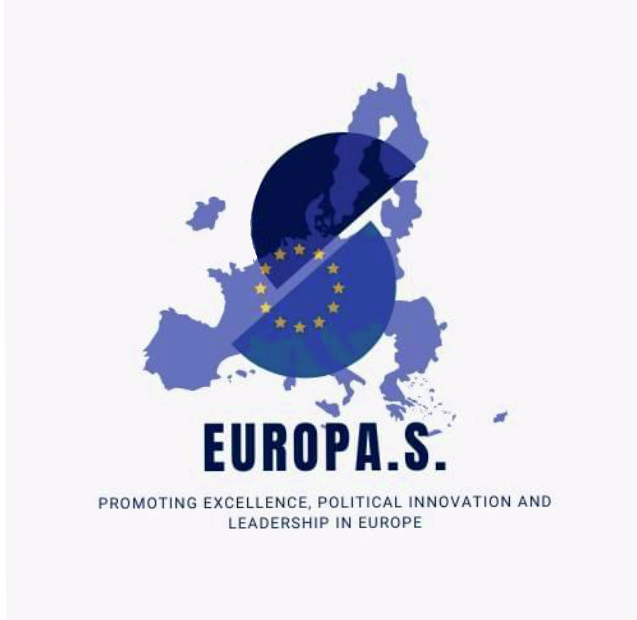The European Parliament is an important forum for political debate and decision-making in the EU. Through subsequent changes over the years the EP has acquired substantial legislative and budgetary powers so as to set the goals and direction of the Union.
Over the years and with subsequent changes in European treaties, the Parliament has acquired substantial legislative and budgetary powers that allow it to set, together with the representatives of the governments of the Member States in the Council, the direction in which the European project is heading. Among its responsibilities are the EU budget and legislation together with the Council of the EU and the election of the President of the European Commission.
The European Parliament is made up of 705 Members elected in the 27 Member States of the enlarged European Union. Seats are allocated on the basis of population of each Member State. The task of its members is primarily to represent the citizens at EU level and defend their interests to EU leaders and the institutions of the European Union. In addition, the Members of the European Parliament sit in political groups – not by nationality, but by political affiliation. There are currently 7 political groups in the European Parliament.
The Members are also divided up among a number of specialized committees, each handling a different agenda. There are 20 parliamentary committees. A committee consists of between 25 and 88 MEPs. The committees draw up, amend and adopt legislative proposals, reviewing Commission and Council proposals.
